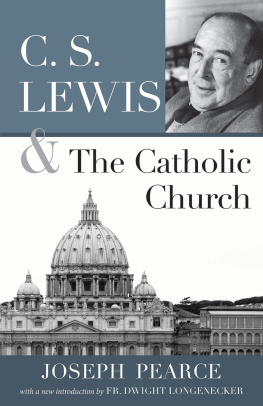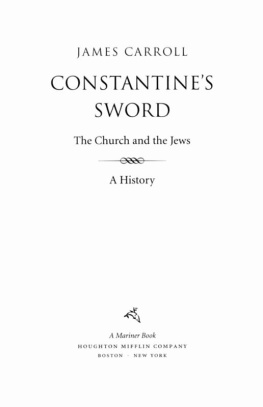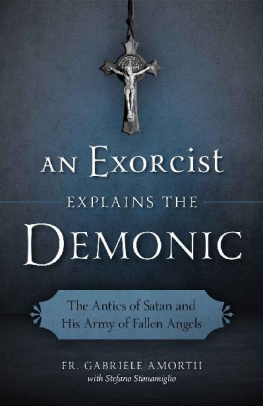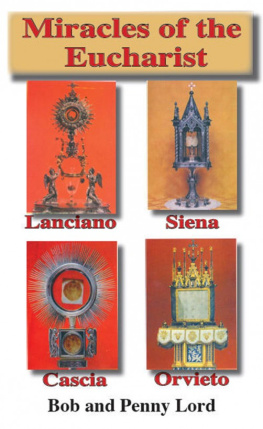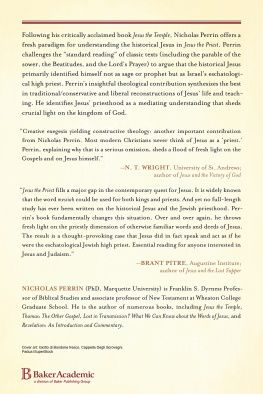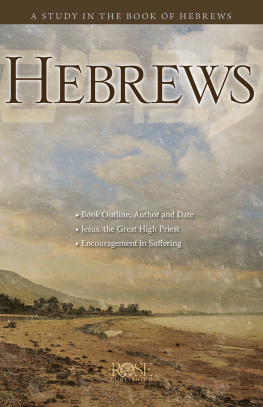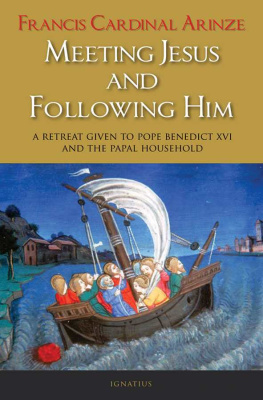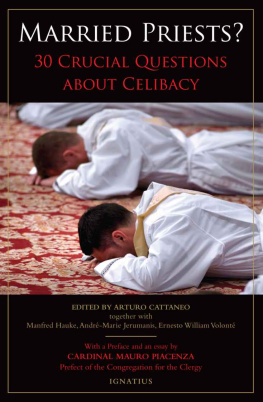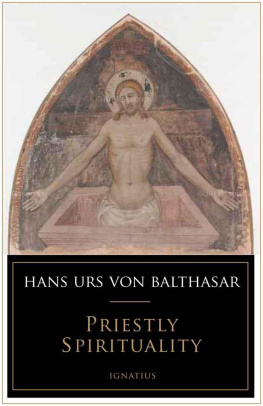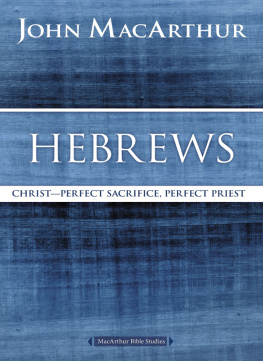WHY PRIESTS?

ALSO BY GARRY WILLS
Verdis Shakespeare
Outside Looking In
Bomb Power
Martials Epigrams
What the Gospels Meant
Head and Heart
What Paul Meant
What Jesus Meant
The Rosary
Why I Am a Catholic
Saint Augustines Confessions (Translation)
Papal Sin: Structures of Deceit
Saint Augustine (A Penguin Lives Biography)
Lincoln at Gettysburg: The Words That Remade America
GARRY WILLS
WHY PRIESTS?
A Failed Tradition

VIKING
VIKING
Published by the Penguin Group
Penguin Group (USA) Inc., 375 Hudson Street,
New York, New York 10014, U.S.A.
Penguin Group (Canada), 90 Eglinton Avenue East, Suite 700, Toronto,
Ontario, Canada M4P 2Y3 (a division of Pearson Penguin Canada Inc.)
Penguin Books Ltd, 80 Strand, London WC2R 0RL, England
Penguin Ireland, 25 St. Stephens Green, Dublin 2, Ireland (a division of Penguin Books Ltd)
Penguin Group (Australia), 707 Collins Street, Melbourne, Victoria 3008, Australia (a division of Pearson Australia Group Pty Ltd)
Penguin Books India Pvt Ltd, 11 Community Centre,
Panchsheel Park, New Delhi110 017, India
Penguin Group (NZ), 67 Apollo Drive, Rosedale, Auckland 0632, New Zealand (a division of Pearson New Zealand Ltd)
Penguin Books (South Africa), Rosebank Office Park, 181 Jan Smuts Avenue,
Parktown North 2193, South Africa
Penguin China, B7 Jiaming Center, 27 East Third Ring Road North,
Chaoyang District, Beijing 100020, China
Penguin Books Ltd, Registered Offices: 80 Strand, London WC2R 0RL, England
First published in 2013 by Viking Penguin, a member of Penguin Group (USA) Inc.
Copyright Garry Wills, 2013
All rights reserved
LIBRARY OF CONGRESS CATALOGING-IN-PUBLICATION DATA
Wills, Garry, 1934
Why priests? : a failed tradition / Garry Wills.
pages cm
Includes bibliographical references and index.
ISBN: 978-1-101-60601-8
1. Transubstantiation. 2. Lords SupperCatholic Church. 3. Lords Supper Real presence. 4. Catholic ChurchDoctrines. 5. Lords SupperBiblical teaching. 6. Priests. 7. Lords SupperMiracles. I. Title.
BX2220.W57 2013
262.14dc23
2012037034
No part of this book may be reproduced, scanned, or distributed in any printed or electronic form without permission. Please do not participate in or encourage piracy of copyrighted materials in violation of the authors rights. Purchase only authorized editions.
To the Memory of Henri de Lubac, S.J.
Key to Brief Citations
| ABD | The Anchor Bible Dictionary, five volumes (Doubleday, 1992). |
| C | Catechism of the Catholic Church, revised edition (Liguori Press, 1994). |
| K | Craig R. Koester, Hebrews (Doubleday, 2001). |
| NJ | The New Jerome Biblical Commentary (Prentice Hall, 1990). |
| S | Ceslas Spicq, Lptre aux Hbreux, second edition, two volumes (J. Gabalda, 19521953). |
| ST | Thomas Aquinas, Summa Theologiae, revised edition, five volumes (Biblioteca de Autores Cristianos, 1965). |
Introduction
I have nothing against priests. In fact, I tried for a time to be one. I spent over five years in a Jesuit seminary for that purpose. Those who inspired me to do that were some of the most benign influences on my life. One of the greatest men I ever met was my novice master, Joseph Fisher, S.J., to whom I dedicated one of my books. Another priest who has served as a guiding light to me is Daniel Berrigan, S.J., to whom I dedicated another book. I have been privileged to know scholar-priests I admiredWalter Ong, S.J., Raymond Brown, S.S. (I dedicated a book to him, too), and John OMalley S.J. And this book is itself dedicated to a priest. I admire from a distance brilliant priests of the pastJohn Henry Newman, Gerard Manley Hopkins, S.J., the Cur dArs, and others. I even revere the fictional priests who have moved mein Bernanoss Diary of a Country Priest, Greenes The Power and the Glory, Powerss Morte dUrban, Endos Silence, Guareschis Don Camillo. The Irish side of my familythe Collinses and Meehans and Driscollshad a number of priests in it. I found good friends in the priests who served the campus churches I have attended for the last fifty years. It should be clear, then, that I respect, and am often fond of, the many priests in my life.
Why, then, having been such a fan of many priests of all sorts, close to me and far, do I now ask why we need priests at all? It is not a personal issue but an historical one. Why did the priesthood come into a religion that began without it and, indeed, opposed it? Would it have been better off without this incursion? What other deflections from the original path came from this new element in the mix? Why was it felt that priests were required, after an initial period when they were not? Without the priesthood, would there have been belief in an apostolic succession, the real presence in the Eucharist, the sacrificial interpretation of the Mass, or the ransom theory of redemption?
This book will argue that there would not have been. Without the priesthood, all of these would have a flimsy base to stand onand the priesthood itself has a dubious basis. This does not mean, as some would instantly protest, that Christianity itself must then have a weak foundation. On the contrary, it stood without the priesthood at the outset, and it can stand stronger without it now.
Some think that the dwindling number of priests can be remedied by the addition of women priests, or married priests, or openly gay priests. In fact, the real solution is: no priests. It should not be difficult to imagine a Christianity without priests. Read carefully through the entire New Testament and you will not find an individual human priest mentioned in the Christian communities (only Jewish priests in service to the Temple). Only one book of the New Testament, the Letter to Hebrews, mentions an individual priest, and he is uniqueJesus. He has no followers in that office, according to the Letter.
It is not surprising, then, that some Protestant communities are able to be good Christians without having any priests. Some priests of my youth mocked them for that reason. They said a Protestant ceremony was just a town meeting, without the sacramental consecration and consumption of the body and blood of Jesus. When I told one of my pastors that I had admired the sermon of a visiting priest, he said I should not be looking to have my ears tickled, like some Protestant, but should concentrate on the mystery of the Eucharist. Without the Eucharist, he was implying, we would have no religion at all.
We Catholics were taught not only that we must have priests but that they must be the right kind of priests. Eastern Orthodox priests, and Anglican ones, and Lutheran ones do not count, because they were not ordained by successors to Saint Peter, the first bishop of Rome. As recently as 1998, Cardinal Ratzinger (the present pope) instructed Anglican/Episcopalian priests that any sacraments they administered were void. What we were supposed to accept is that all priesthoods are invalid ones except the Roman Catholic. Even if we grant the Roman myths, and say that the Catholic priesthood is valid, how is it Christian to make that priesthood a means for excluding all Christians but Roman Catholics?


